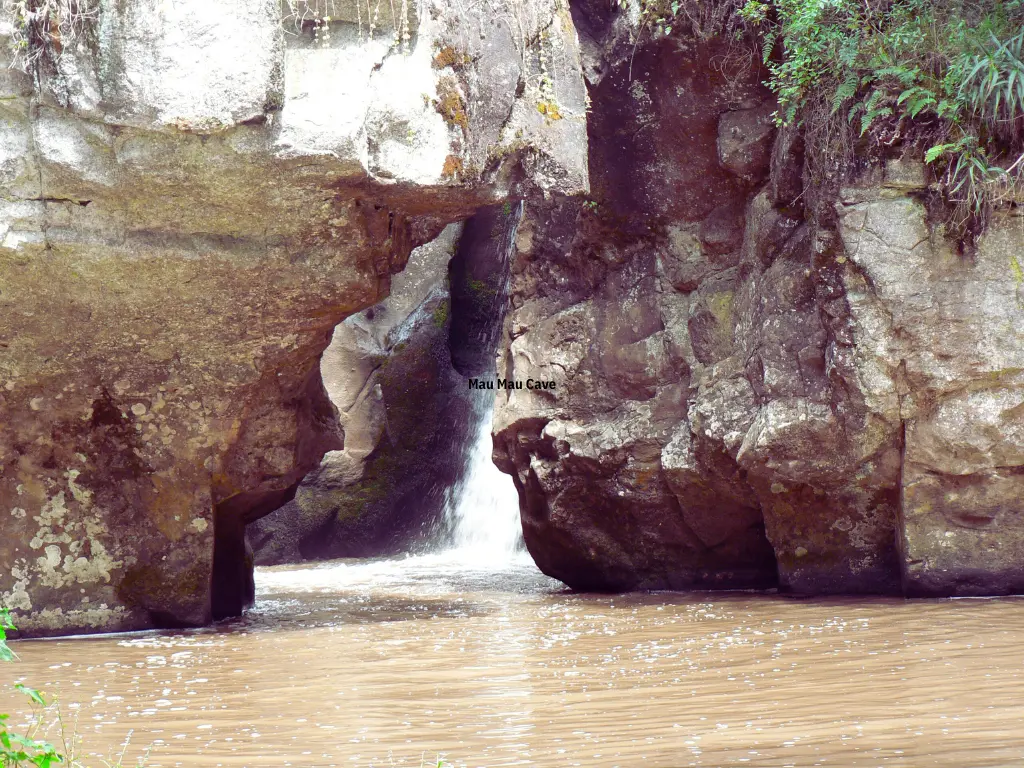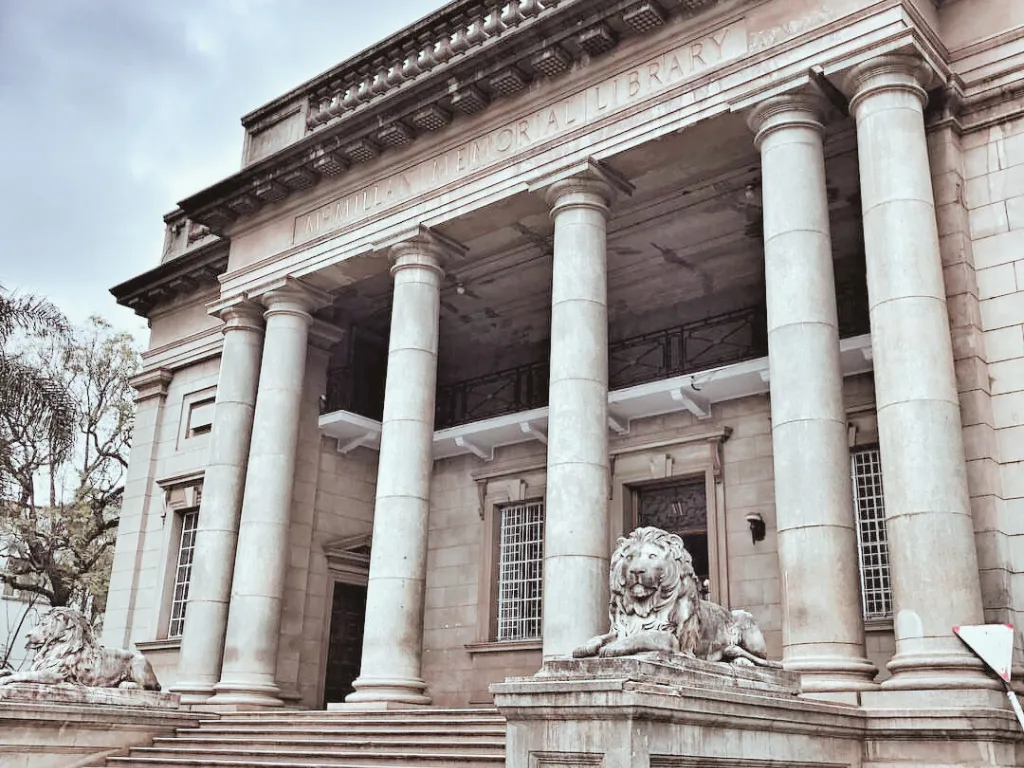

Why Visit? The McMillan Memorial Library—an enduring tribute to William Northrup McMillan—stands as a vestige of Kenya’s colonial epoch and a guardian of literary treasures. Beneath its neoclassical columns and hushed reading halls, one may trace the steady pulse of scholarship that has guided generations of readers, students, and scholars.
Shelves laden with rare tomes, antiquarian volumes, and early travelogues describing East Africa’s landscapes and peoples.
Historic newspapers, maps, and microfilm reels that document Nairobi’s evolution from a simple railway outpost to a modern capital.
High-ceilinged halls with wooden desks and elegant railings, evoking scholarly ambiance from a bygone age.
Encyclopedias, government gazettes, and academic journals, a testament to the library’s commitment to rigorous study.
Erected in the early 1930s, the library was bequeathed by Lady Lucy McMillan to honor her late husband, Sir William Northrup McMillan, an American philanthropist and adventurer who had made Kenya his home. In those days, Nairobi was a burgeoning administrative center, a crossroads for settlers, entrepreneurs, and Africans alike seeking knowledge in an era of rapid transformation.
Though initially aimed at serving European settlers, the library gradually embraced Kenya’s diverse populace. Over decades of shifting governance and educational reforms, McMillan Memorial Library has preserved its graceful façade and stately interiors, ensuring that the quest for knowledge remains open to all.
Hours of Reception: Typically open weekdays and select Saturdays, from morning until late afternoon. (Schedules may vary, so verifying in advance is prudent.)
Entry & Registration: Visitors often sign a register; certain sections may require membership or a modest fee.
Location & Access: Centrally situated in Nairobi’s CBD, accessible via matatus, taxis, or a leisurely stroll from adjacent districts.
Book Launches & Author Talks: Occasional gatherings where local writers and historians share insights.
Research Seminars: Scholars convening for discussions on archival discoveries and Kenyan historiography.
Community Drives: Periodic campaigns promoting literacy and library engagement across Nairobi’s neighborhoods.
Reading Rooms: Quiet, orderly spaces suited for study or contemplation.
Librarian Assistance: Staff on hand to guide visitors through catalogs and reference materials.
Nearby Eateries & Shops: City-center cafés and bookstores a short walk away, offering refreshments or further reading.
Respectful Conduct: The library’s hushed halls request quiet courtesy, befitting the atmosphere of study.
Archival Rules: White gloves or special handling may be required for antique or fragile documents.
Watch for Updates: Restoration or modernization efforts may occasionally alter schedules or temporarily close certain wings.
Step through McMillan Memorial Library’s grand doors, dear seeker, and slip into an era of polished floors, whispered scholarship, and the gentle rustle of turning pages. Here, in the heart of Nairobi, knowledge stands enshrined for the curious traveler and earnest scholar alike.
The National Museums of Kenya (NMK), established under the Museums and Heritage Act (2006), is a multi-disciplinary institution dedicated to collecting, preserving, researching, and presenting Kenya’s cultural and natural heritage.
The National Museums of Kenya (NMK), established under the Museums and Heritage Act (2006), is a multi-disciplinary institution dedicated to collecting, preserving, researching, and presenting Kenya’s cultural and natural heritage.
Sign up to our newsletter